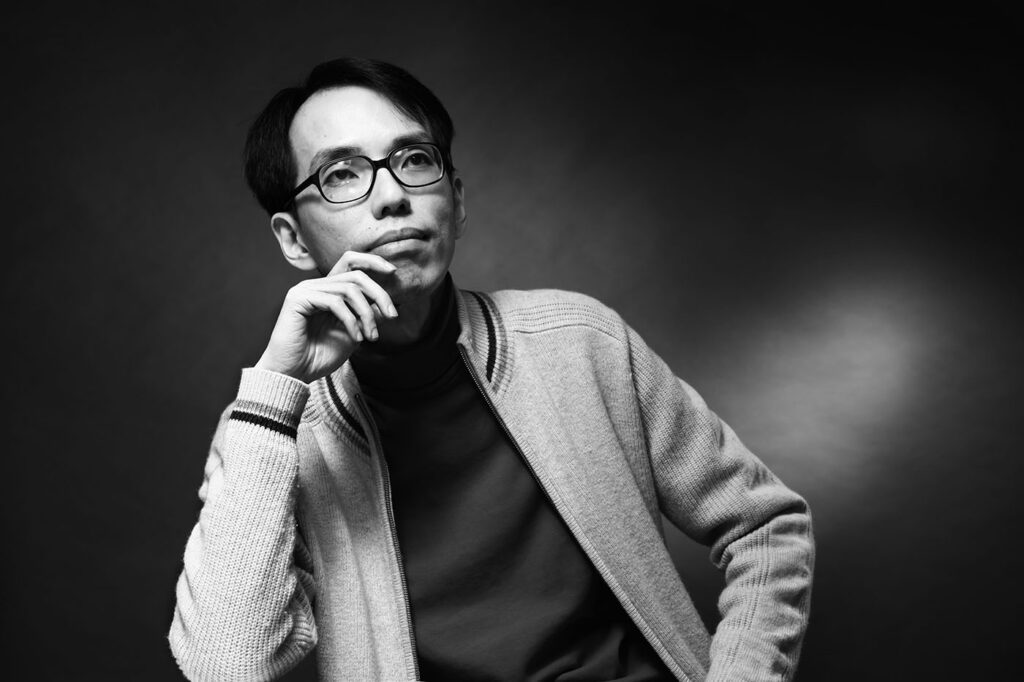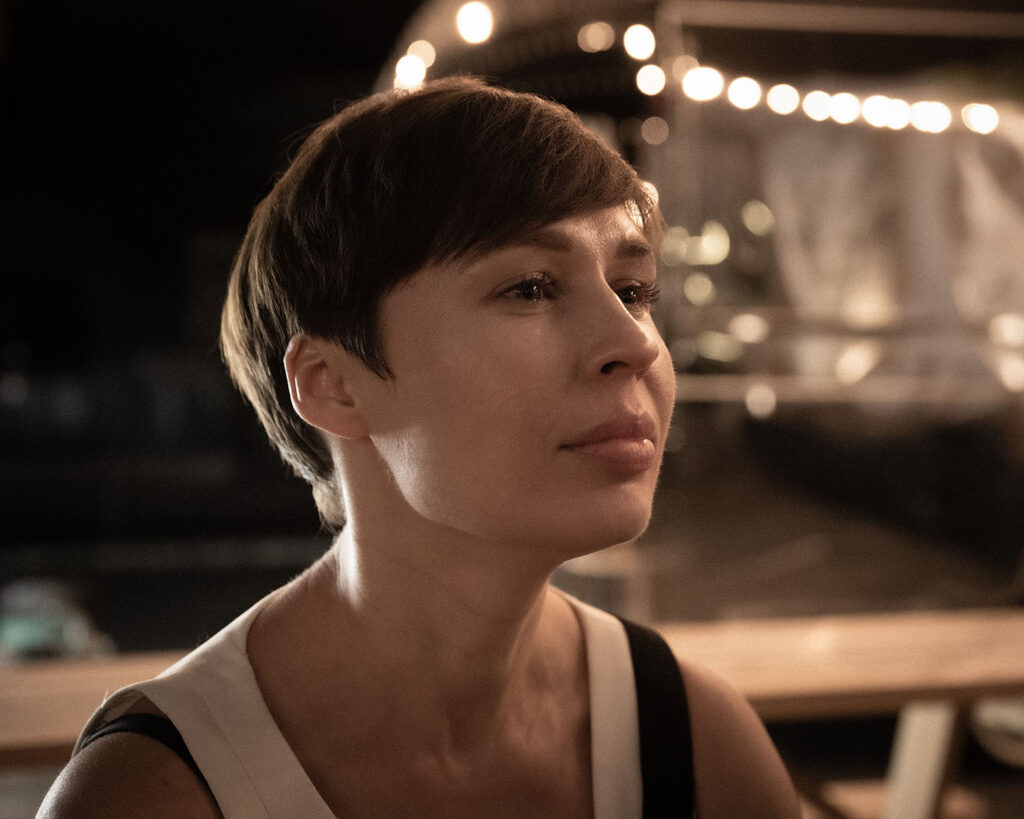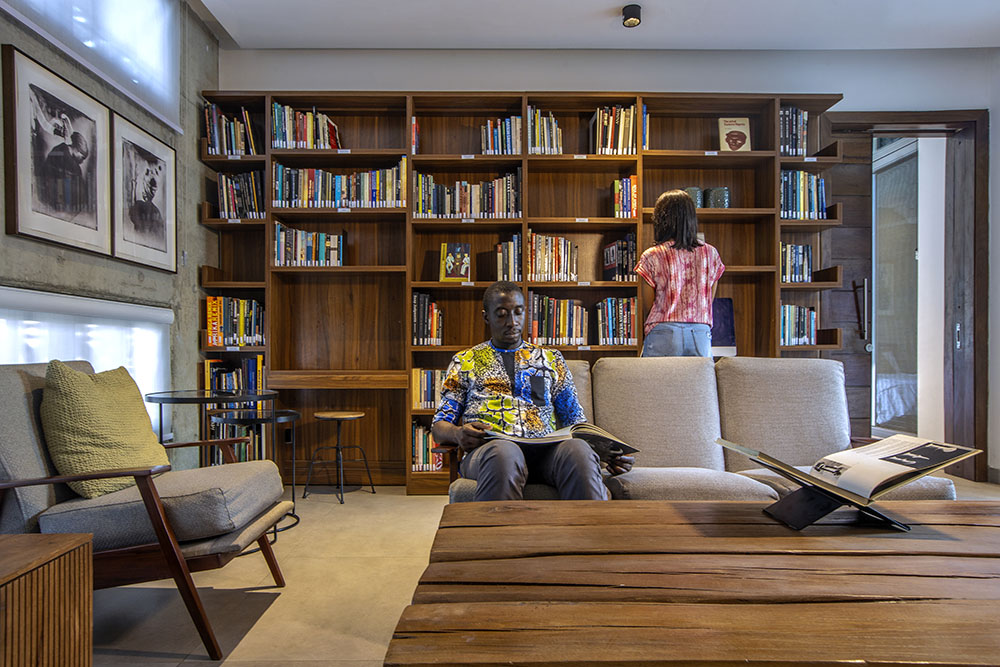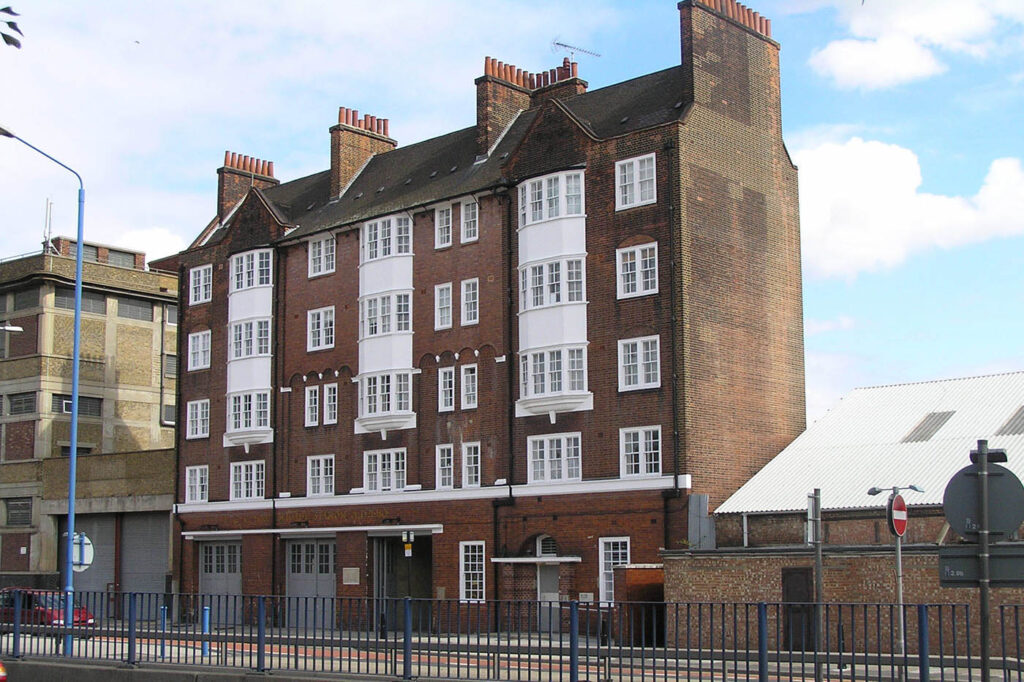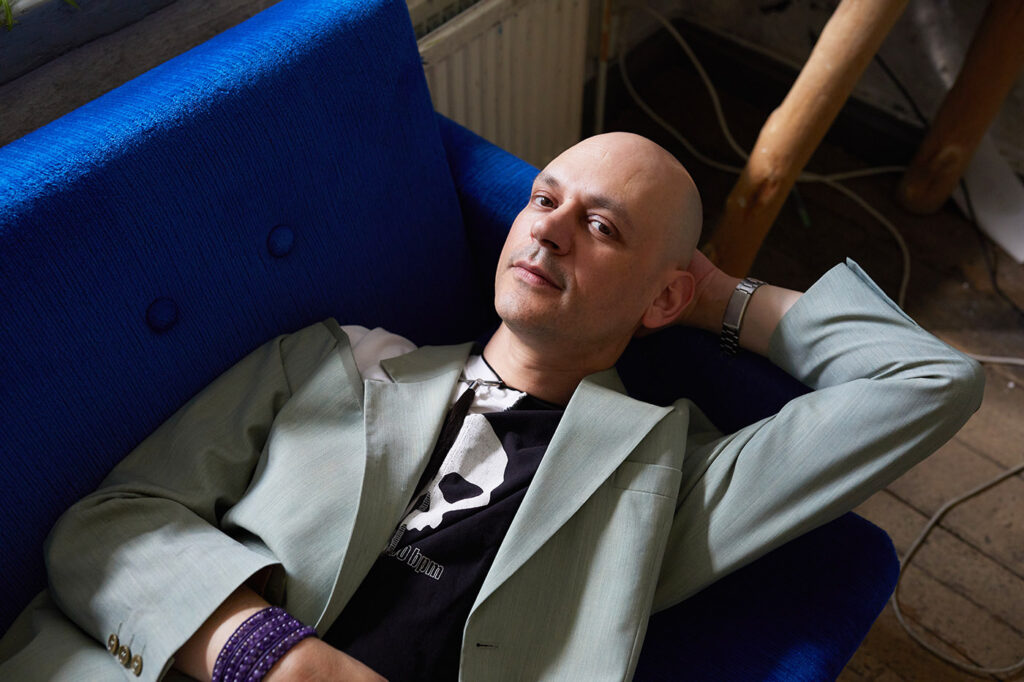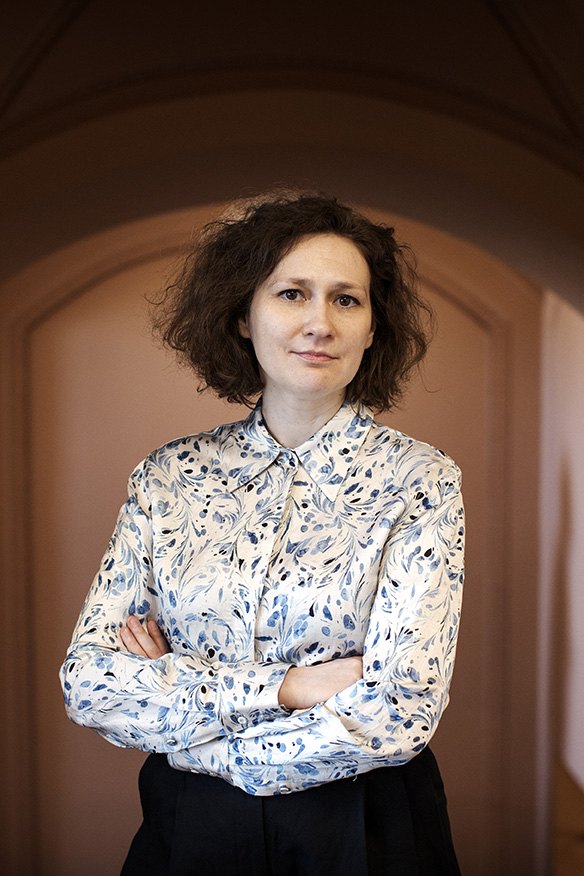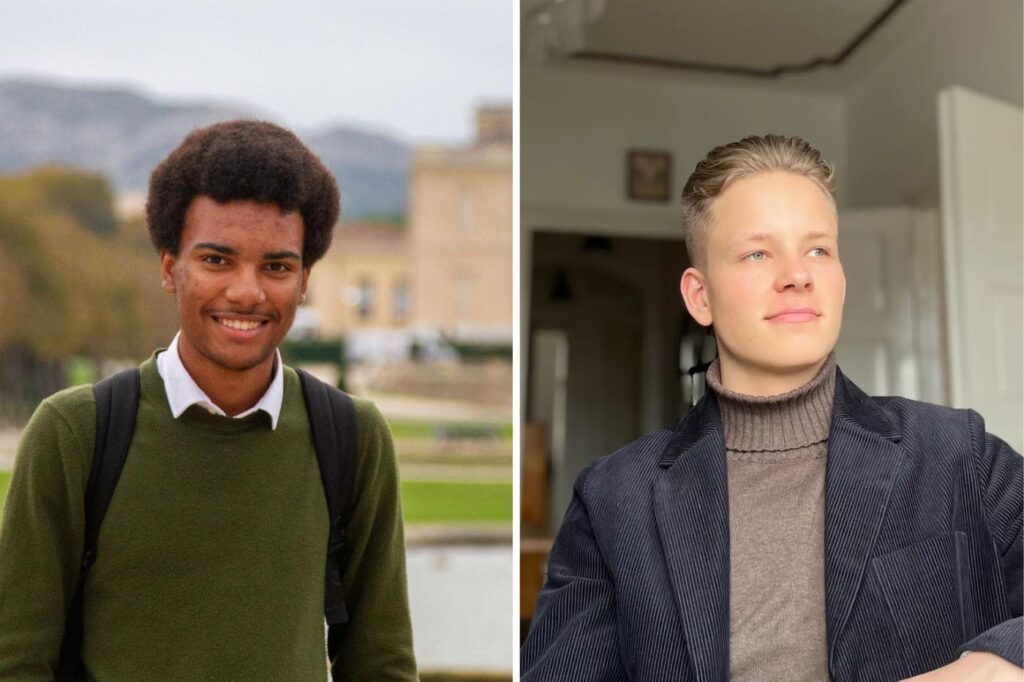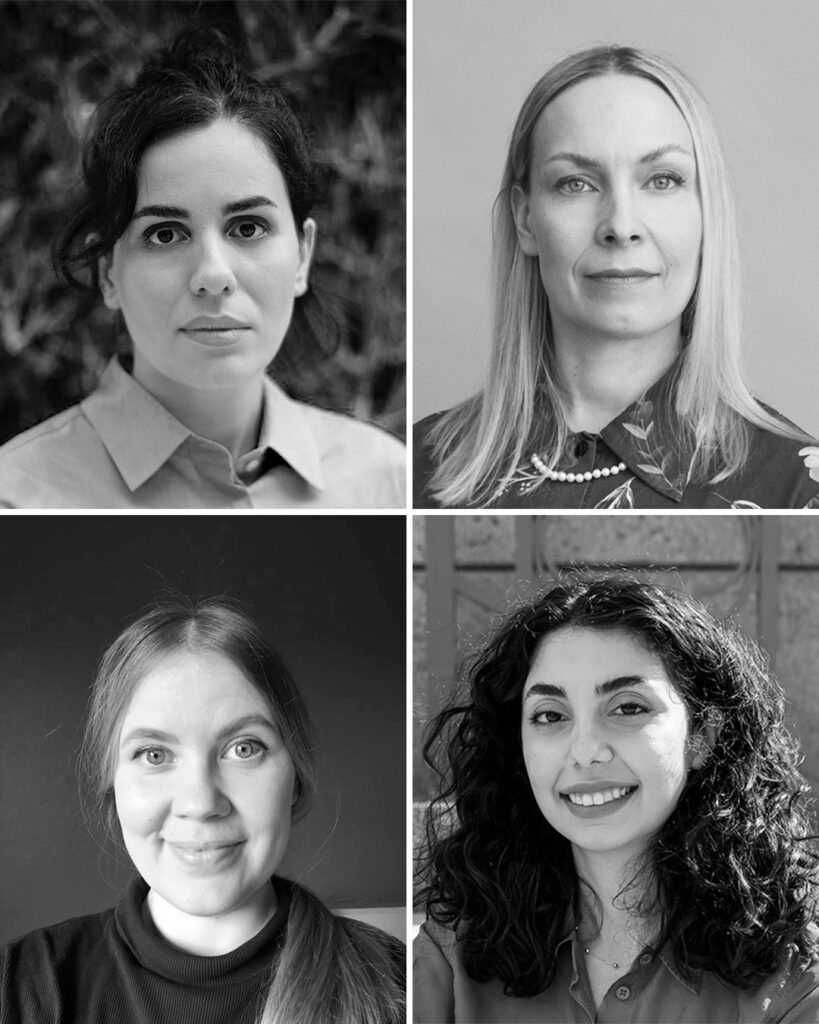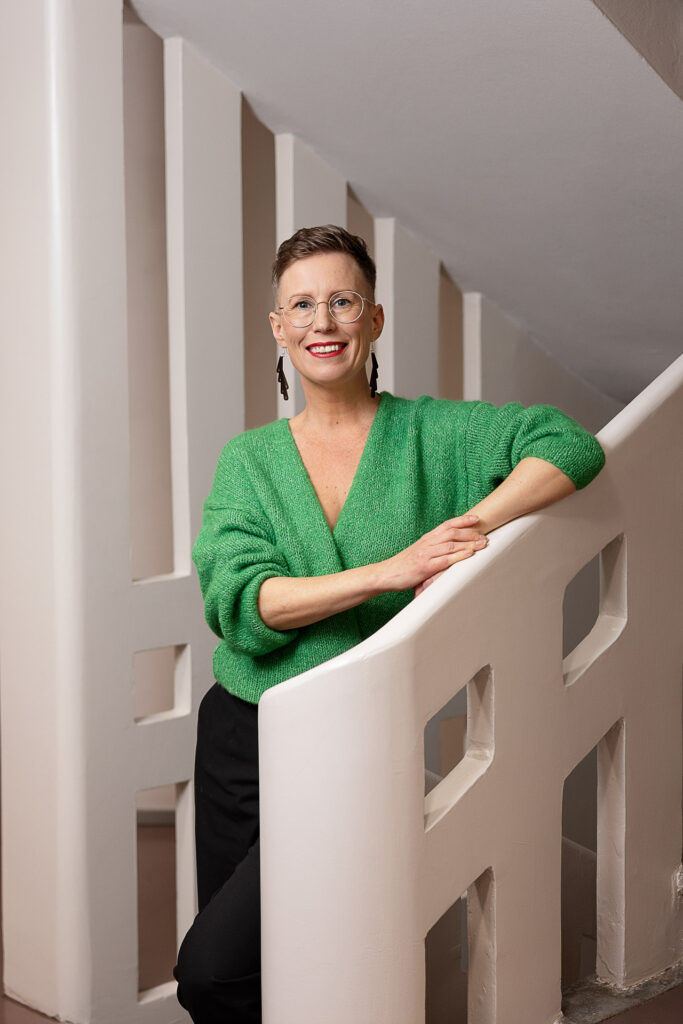A million euros for children and young people’s science education
The Finnish Cultural Foundation awarded €1 million for science education initiatives that are aimed at children and young people and that support basic education. In the coming years, the grants will be used to organise science events, workshops and distance learning programmes, allowing children and young people to explore different branches of science, meet scientists and carry out scientific research. Applications for the Discover Science grants were welcomed in January during the application round of the Finnish Cultural Foundation’s regional funds.
The disciplines represented include educational and social sciences, history, archaeology, futures studies, philosophy, natural sciences, humanities, technology, mathematics and sports science. Discover Science projects are organised in almost every region of Finland, making science education accessible to children and youth across the country. They also include projects that offer distance learning, aiming to reach even more children and young people nationwide.
The Discover Science grant aims to spark the curiosity of school-aged children and youth to engage with science. “We also want to help children and young people develop the skills to acquire, process and evaluate new information. Discover Science projects provide them with opportunities to follow science and keep up with scientific developments in an age-appropriate way,” says Päivikki Eskelinen-Rönkä, Senior Advisor at the Finnish Cultural Foundation.
The foundation awarded a total of 16 Discover Science grants. One of them went to the joint project of the Lastu School of Architecture and Environmental Culture and Savonia University of Applied Sciences, to be implemented in schools in the rural areas of North Savo. The Oivaltajat project combines natural sciences, the arts and environmental education, giving pupils the opportunity to explore the biodiversity around their school environment in a scientific and creative way. The participants will learn about biodiversity, for example, through the study of ecosystems, microscopy and water quality analysis. The results and findings will be expressed through art in various forms such as scale models, digital animations and dance choreographies for robots.
In a society where knowledge and skills are increasingly fragmented, we need Renaissance people who not only understand a specific branch of science but also have skills in the arts and crafts. The University of Turku received a grant for the Future Renaissance project that involves organising multidisciplinary scientific and gastronomic food clubs, with food providing the learning opportunities. Food is about nutrition and health, but also about economics, technology, history, culture and psychology. By combining natural sciences and the humanities with children’s science education, it is possible to provide a multidisciplinary learning experience that promotes creativity and critical thinking.
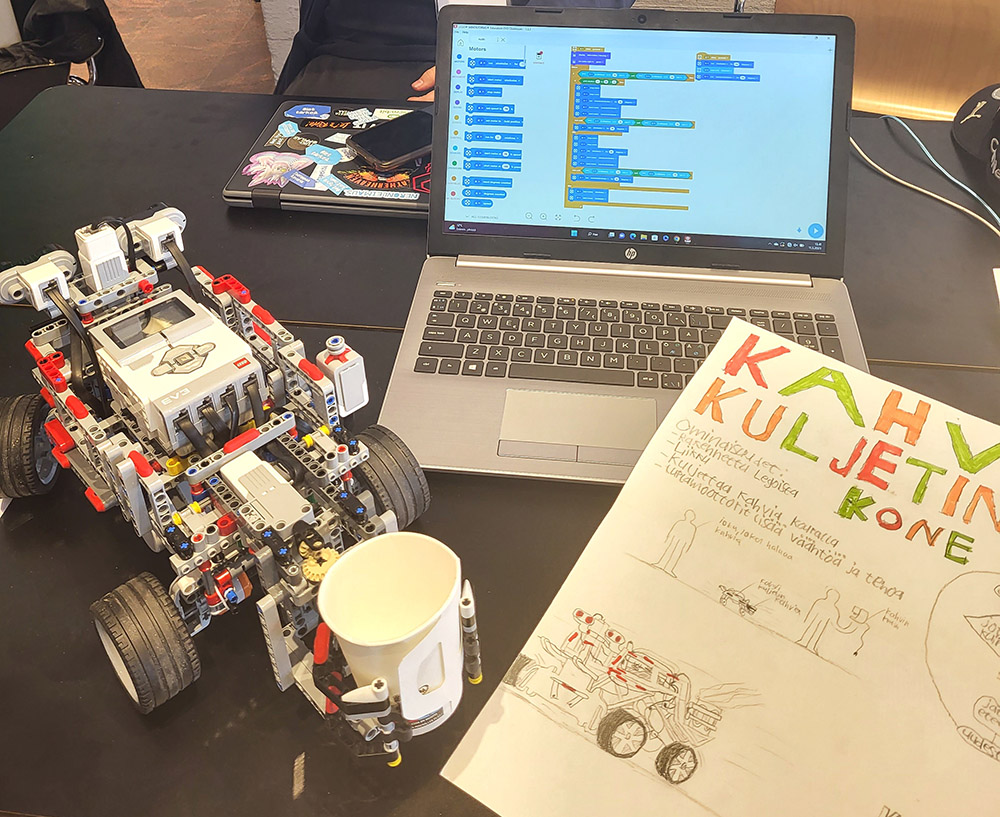
The Innokas Network’s project, Exploring AI, aims to introduce children and young people to the world of artificial intelligence, while highlighting children’s participation and the importance of children’s rights in the development and use of digital technologies. AI will be examined as a tool, a subject of study and a social phenomenon. The activities of the Innokas Network are coordinated by the University of Helsinki’s Faculty of Educational Sciences.
All Discover Science projects 2025 (in Finnish)
Awarded grants 16, total on €1 003 000.
- Alajärven kaupunki Tiede-etsivät-hankkeen toteuttamiseen Alajärven, Evijärven, Lappajärven ja Vimpelin alakouluissa
- 55 000
- Arkkitehtuuri- ja ympäristökulttuurikoulu Lastu ry OIVALTAJAT-hankkeen toteuttamiseen Pohjois-Savon maaseutualueiden kouluissa
- 90 000
- Etelä-Karjalan kesäyliopisto Oy Aikahyppy-tapahtuman järjestämiseen Parikkalassa, Ruokolahdella, Luumäellä ja Lappeenrannassa
- 30 000
- Helsingin yliopisto Pöllö-akatemia, monitieteisten etätyöpajojen toteuttamiseen
- 40 000
- Helsingin yliopisto Innostu tutkimaan -etäiltapäiväkerhojen järjestämiseen, maakuntarahastojen haussa Tiede tutuksi -apurahana
- 60 000
- Helsingin yliopisto, Innokas-verkosto Tutkitaan tekoälyä -hankkeen pilotointiin Turussa, Oulussa, Lappeenrannassa, Vaasassa ja Helsingissä
- 80 000
- Itä-Suomen yliopisto STEAM-koulutuksen ja -työpajojen toteuttamiseen Pohjois-Karjalan, Etelä-Karjalan ja Etelä-Savon alakouluissa
- 90 000
- Jyväskylän kesäyliopistoyhdistys ry kaupunkiympäristöä monitieteisesti tutkivien tiedetyöpajojen järjestämiseen ja opetusmateriaalien tuottamiseen
- 58 000
- Jyväskylän yliopisto Utopian arkkitehdit -filosofiatyöpajojen toteuttamiseen Keski-Suomessa
- 65 000
- Kansanvalistusseura sr kasvatus- ja yhteiskuntatieteiden tiedetyöpajojen valmistamiseen ja toteuttamiseen kouluissa
- 45 000
- Lapin yliopisto kestävyysmurrosteemaisen kilpailu- ja tiedetapahtuman järjestämiseen Lapin alueen 3.–9.-luokkalaisille
- 90 000
- Satakunnan ammattikorkeakoulu Tiedekylä-toiminnan järjestämiseen Satakunnan kouluissa
- 30 000
- Sodan ja rauhan keskus Muisti Oy Mennyt ja manipuloitu, historialliset kuvat ja nykyajan mediakriittisyys -hankkeeseen kuuden maakunnan 8.–9.-luokkalaisille
- 65 000
- Tampereen yliopisto Lasten ja nuorten vertaishistoria tutuksi -hankkeen etä- ja lähityöpajojen toteuttamiseen
- 90 000
- Turun yliopisto Tulevaisuuden Renessanssi – tieteellisgastronomisten ruokaklubien järjestämiseen 7–12-vuotiaille Varsinais-Suomessa ja Etelä-Pohjanmaalla
- 70 000Yhteiskunnallisen ja kulttuurisen eläintutkimuksen seura ry Elonkirjon bussikiertueeseen Etelä-Pohjanmaan, Pohjois-Savon ja Kainuun kouluissa
- 45 000
